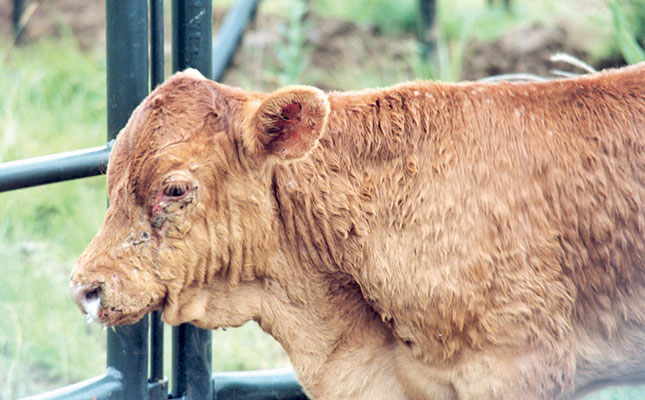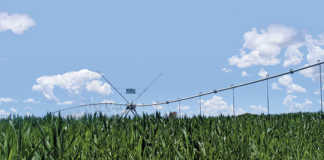
This was according to Dr Danie Odendaal, director at South Africa’s Veterinarian Network. He advised livestock producers to vaccinate animals against these diseases without avail.
“It is of no use to vaccinate infected animals. Such animals should be treated symptomatically,” he said.
READ Why climate change is a threat to livestock production
The use of any products other than antibiotics for lumpy skin disease, and anti-inflammatory products registered for livestock for three-day stiff-sickness, was dangerous, he said.
Treatments like Dettol injections for the former and over-the-counter aspirin for the latter were not only useless, but dangerous. “Infected animals should be treated as prescribed by a veterinarian. I cannot emphasise timeous vaccination against these disease enough.”
According to the World Organisation for Animal Health, lumpy skin disease was transmitted by mosquitoes and flies, among others.
READ A list of cucurbit pests and diseases
Transmission could occur by ingestion of feed and water contaminated with infected saliva. The disease was characterised by painful nodules on the entire body, particularly on the head, neck and udder, between seven and 19 days after the animals were infected by the virus.
Nodules could become necrotic.
Three-day stiff-sickness symptoms include as a sharp rise in temperature followed by, among others, loss of appetite, a stiff gait, nasal discharge and salivation, inflamed joints, and rapid pulse and respiration rates.
It is an insect-transmitted disease.











